Riot police in Lebanon fire water cannons at protesters breaching barricade in Beirut
Lebanese security forces have fired water cannons and tear gas at crowds of anti-government protesters in a bid to prevent them from breaching a security barricade just outside the government headquarters in central Beirut.
“Rioting and attacks against Internal Security Forces (ISF) have begun, we therefore ask peaceful protesters to leave Riad al-Solh area for their safety,” the ISF said on Twitter on Saturday.
بدأت أعمال الشغب والاعتداء على عناصر #قوى_الأمن الداخلي، لذلك نطلب من المتظاهرين السلميين مغادرة ساحة رياض الصلح حفاظًا على سلامتهم . pic.twitter.com/l73RVxGVb4
— قوى الامن الداخلي (@LebISF) January 25, 2020
In another tweet, it also warned that everyone present in the riot site would be arrested by riot police, so the ISF “again requires the protesters to leave immediately.”
كل شخص موجود في مكان أعمال الشغب سوف تعمد عناصر مكافحة الشغب على توقيفه لذلك تطلب #قوى_الأمن الداخلي مجددا من المتظاهرين المغادرة فوراً. pic.twitter.com/KZb79aG707
— قوى الامن الداخلي (@LebISF) January 25, 2020
The planned protest on Saturday was held under the slogan “We won't pay the price” and it began peacefully but then saw a repeat of violence that has marked recent anti-government demonstrations against a political class that demonstrators have accused of having plunged the country into its worst crisis in decades.
Unrest in Beirut has deepened the multi-faceted crisis sweeping the country, which grapples with financial strains that have sunk the currency, increased prices and driven banks to impose capital controls.
Lebanon has been facing a tough economic situation because of the policies of successive governments, prompting people to hold numerous protest rallies since October 17 last year, when the government proposed imposing a tax on WhatsApp calls, along with other austerity measures.
On October 29, then Prime Minister Saad Hariri resigned under pressure from unprecedented cross-sectarian protests, creating a persisting political void.
In December, Hassan Diab was designated as prime minister. He vowed to form a government made up of “independent specialists” who did not belong to political parties.
However, the 60-year-old former education minister failed to form such an ideal government due to political divisions and jockeying for power, leaving the country with no choice other than having a caretaker government.
Nevertheless, Diab, a self-professed “technocrat”, announced on Tuesday that he had managed to form his government, saying it was made up of 20 specialist ministers backed by the political parties.
The anti-government demonstrators blame the faltering economy on widespread corruption and abuse of privileges among politicians as the national debt hovers around $85 billion.
Successive governments have also proved to be even incapable of addressing a waste management crisis or improve the electricity grid, which is plagued by daily power cuts.
VIDEO | Yemenis praise the military for its successful operations against Israel
VIDEO | Israel continues to bomb Gaza homes
VIDEO | An insider's view of the country: Meybod City in Yazd
‘All wars have rules. All of those rules have been broken’ by Israel
VIDEO | Report flags India’s violation of rights of Rohingya detainees
Turkey's foreign minister meets Syria's de facto leader in Damascus
VIDEO | US Syria plots
'Next to impossible' to rescue patients from Gaza's Kamal Adwan Hospital: Director


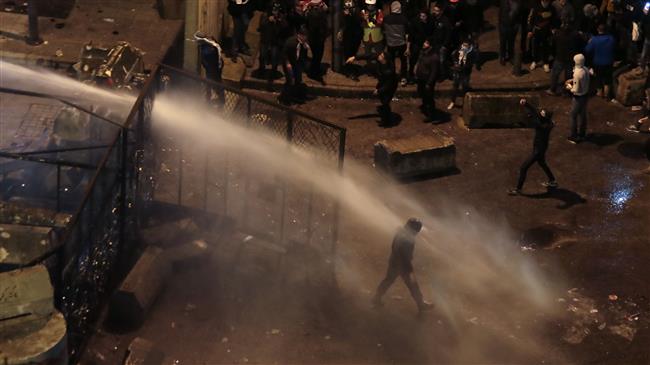



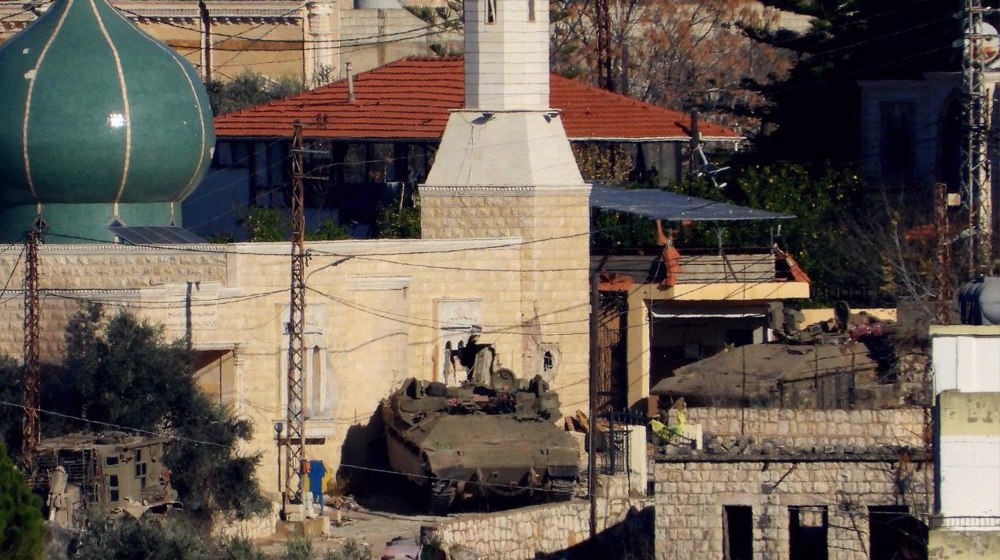



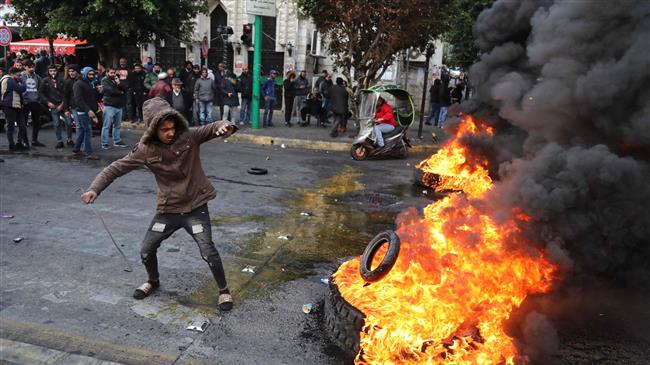
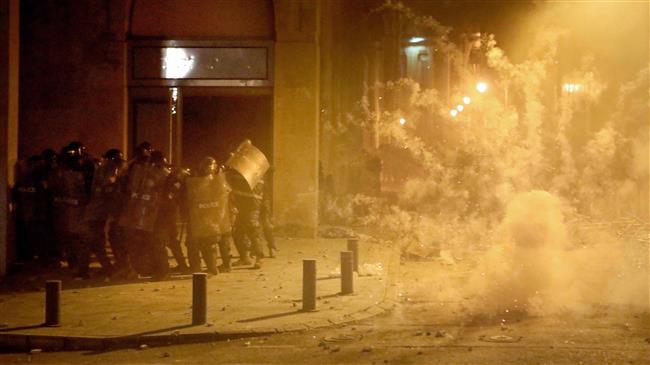
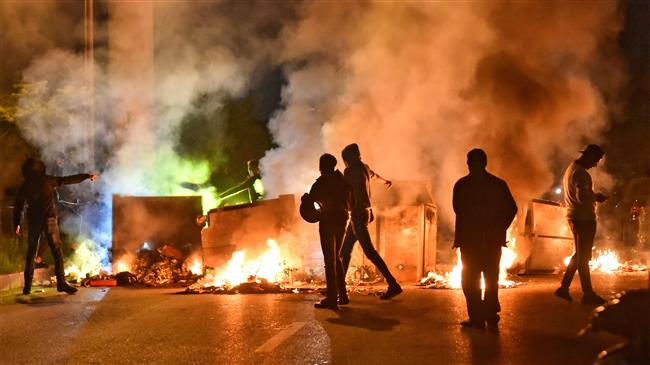
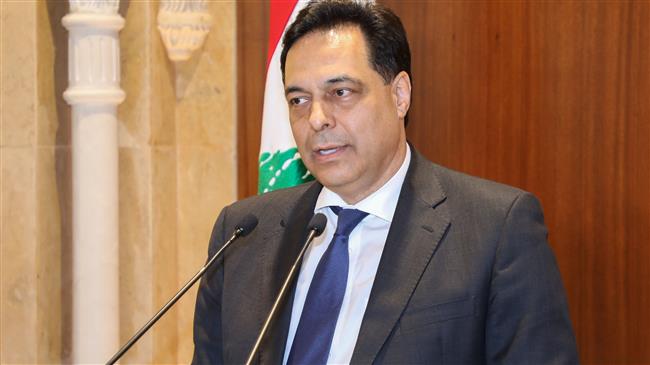
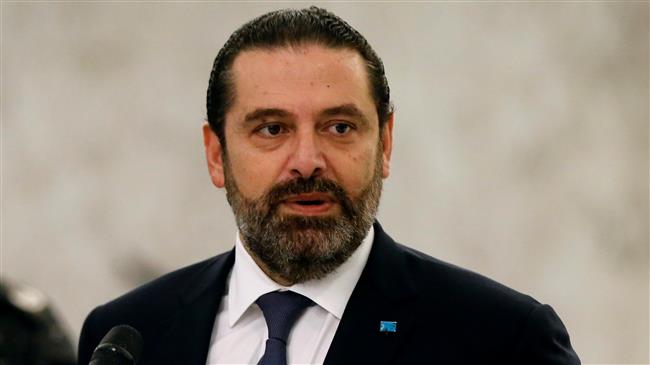
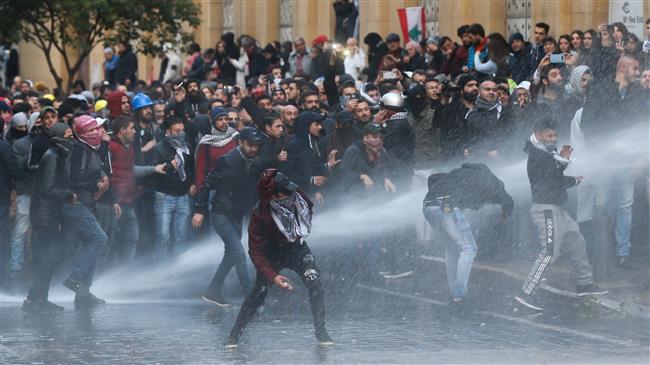

 This makes it easy to access the Press TV website
This makes it easy to access the Press TV website